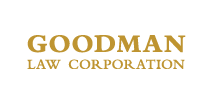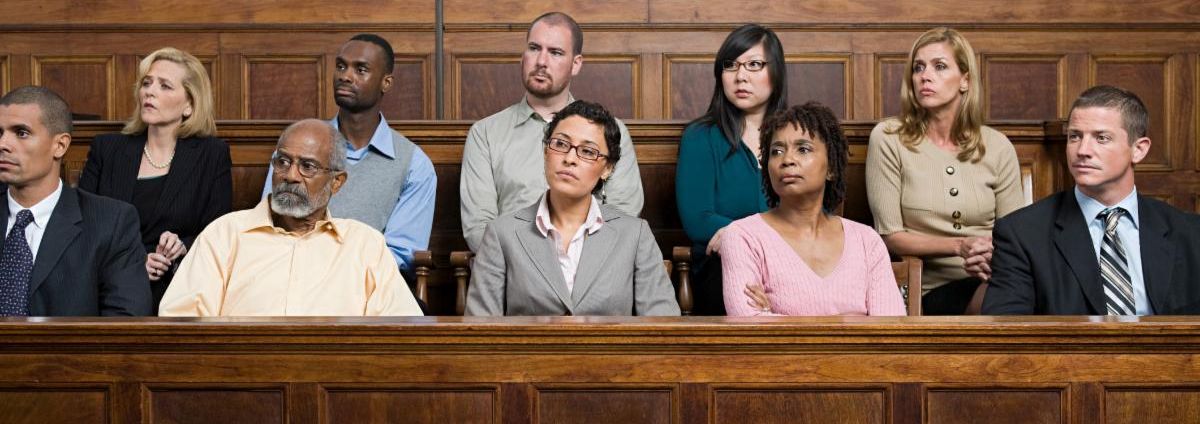April 2021 | Summary Judgment for Defendant Lawyer Reversed Because of Triable Issues of Causation, Damages, Continuing Representation
Litigating cases against negligent transaction attorneys is difficult due to the number of defenses available to the defendant lawyers. A recent 2nd District court of appeal decision illustrates that these issues are fact specific requiring a jury to decide. In Michaels, et al. v. Greenberg Traurig, LLP, et al., No. B300093 (Ct. App. Mar. 26, 2021), the California Court of Appeals reversed a trial court’s grant of summary judgment in favor of the defendant lawyers.
Facts of the Case
Jillian Michaels, a fitness celebrity, and a company she co-owns called Empowered Media (collectively “Empowered”) hired law firm Greenberg Traurig, LLP and transactional partner David Markman in 2008 to negotiate deals. Markman represented Michaels and Empowered regarding two contracts: a deal with the TV show The Biggest Loser and a branding and promotional deal with ThinCare, a maker of “nutraceutical” products.
The Biggest Loser contract restricted Michaels’ ability to be in commercials. The ThinCare contract contained warranties stating that (1) Empowered had not entered into any contract which would prohibit it from performing obligations to ThinCare, and (2) Empowered had the sole right to use Jillian Michaels identifications. Unfortunately, Markman allegedly failed to advise Michaels and Empowered about the conflict between these two agreements.
Empowered received $5,531,153 in royalties from the ThinCare contract over time. In 2011, ThinCare sued Empowered, alleging fraud in the inducement based on the allegedly false warranties in the ThinCare agreement. Empowered hired Greenberg Traurig litigators and a local Utah firm to defend the suit. The Utah firm eventually became sole counsel. In 2013, Empowered and ThinCare settled. During the ThinCare lawsuit, Empowered began discussions with a firm called Midtown Equity for a licensing deal, but the deal was never completed.
Empowered then filed a lawsuit against Greenberg Traurig in 2016. It alleged, among other claims, legal malpractice by Markman related to the Thin Care and Midtown Equity transactions. Greenberg Traurig filed a motion for summary judgment on six of the nine claims. Greenberg claimed that there was “no causation” as a matter of law, Michaels’ “unclean hands” barred the malpractice claims and her lawsuit was untimely. The trial court sustained Greenberg’s objections to Empowered’s expert accountant’s declaration regarding future damages, ruling it was speculative and not supported by the record. The trial court granted Greenberg Traurig’s motion in its entirety and denied Empowered’s additional arguments based on the doctrine of unclean hands and the statute of limitations.
Did the Trial Court Properly Exclude the Expert Witness Declaration?
When deciding a motion for summary judgment, courts must view all of the evidence “in the light most favorable to the opposing party.” (Aguilar v. Atlantic Richfield Co. (2001) 25 Cal.4th 826, 843.) In other words, courts liberally construe evidence in favor of the party opposing the motion. The Michaels Court of Appeal opinion emphasized the difference between ruling on “expert opinion” evidence submitted in opposition to a summary judgment motion and serving as a “gatekeeper” for the admissibility of expert opinion evidence at trial. Because of the liberal construction rule for evidence submitted in opposition to a summary judgment, “a reasoned explanation required in an expert declaration filed in opposition to a summary judgment motion need not be as detailed or extensive as that required in expert testimony presented in support of a summary judgment motion or at trial.” (Garrett v. Howmedica Osteonics Corp. (2013) 214 Cal.App.4th 173, 189.)
Further, the Michaels Court of Appeals reversed the trial court’s wholesale exclusion of Empowered’s expert witness declaration. When expert witnesses opine on businesses’ future damages, courts have drawn a distinction between established and unestablished businesses. (Sargon Enterprises, Inc. v. University of Southern California (2012) 55 Cal.4th 747, 771–772.)
For established businesses, a plaintiff can recover future lost profits if “their extent and occurrence can be ascertained with reasonable certainty; once their existence has been so established, recovery will not be denied because the amount cannot be shown with mathematical precision.” (Id. at p. 774.) For unestablished businesses, you generally cannot recover future profits unless “‘their nature and occurrence can be shown by evidence of reasonable reliability.’” (Id.)
Here, Michaels’ accountant opined on Empowered’s lost profits from the ThinCare contract and the potential MidTown Equity deal, using over a year of data from ThinCare sales and an AICPA-approved projection model. The ThinCare contract involved different time periods, before and after ThinCare sued Empowered, and before and after the lawsuit settled. The expert provided damage assessments for each period.
The Court of Appeals overruled the trial court’s sustaining of objections concerning opinions for damages arising out of the Thincare contract. Michaels was instructed by the litigation team handling the lawsuit to limit her promotion and marketing during the case. Thus, the trial court failed to view the evidence in the light most favorable to Empowered. Moreover, the damage calculations were not speculative because they used over a year of actual data and an approved methodology.
The Court of Appeals did agree that some of the lost profits calculations for the Midtown Equity deal was speculative since the “business” had never existed.
Were there triable issues for a jury to decide?
After determining that the trial court erred in excluding some parts of the expert’s declaration, the Court of Appeals turned to the question of summary judgment. Greenberg Traurig argued that it was entitled to summary judgment because (1) the record doesn’t have enough evidence regarding causation and damages, (2) Empowered has unclean hands, and (3) the suit was filed outside the statute of limitations.
First, the Court of Appeals concluded that there was enough evidence as to causation and damages. Applying the “substantial factor” test, which says that “a cause in fact is something that is a substantial factor in bringing about the injury”, the Court said that if Markman had advised Empowered about the conflicting contracts, Michaels could have chosen to sign only the ThinCare contract. Moreover, the expert witness declaration provides enough evidence regarding damages.
Second, the Court of Appeals decided that Empowered does not have unclean hands. “Unclean hands” refers to a plaintiff who has not acted fairly or who has acted in bad faith regarding the subject matter of the lawsuit. Greenberg Traurig argued that because Michaels signed the agreements and lost a motion in the ThinCare lawsuit regarding fraudulent inducement, she had admitted to fraud regarding the contracts. However, according to the Court this was not unclean hands – while it is an admission that Empowered would have lost the fraud lawsuit, “that is not the same as an admission that the facts underlying the lawsuit were true.” The conduct also was not egregious in comparison to the facts of other unclean hands cases.
Finally, the Court determined that because of the timeline of when Markman represented Empowered, as well as involvement of Greenberg Traurig and the Utah law firm, there is still a question whether the lawsuit was filed outside the statute of limitations. As a result of their conclusions, the Court of Appeals reversed the grant of summary judgment and remanded the case to the trial court.
The Takeaway
When considering a motion for summary judgment, courts must evaluate evidence under a more liberal standard than they would for trial evidence. Moreover, expert witness declarations regarding future profits can be well-supported and not speculative, as long as the lost profits can be determined with reasonable certainty. Because the trial court here improperly excluded parts of the expert witness declaration and because the record did have sufficient evidence of causation and damages, granting summary judgment was inappropriate.

